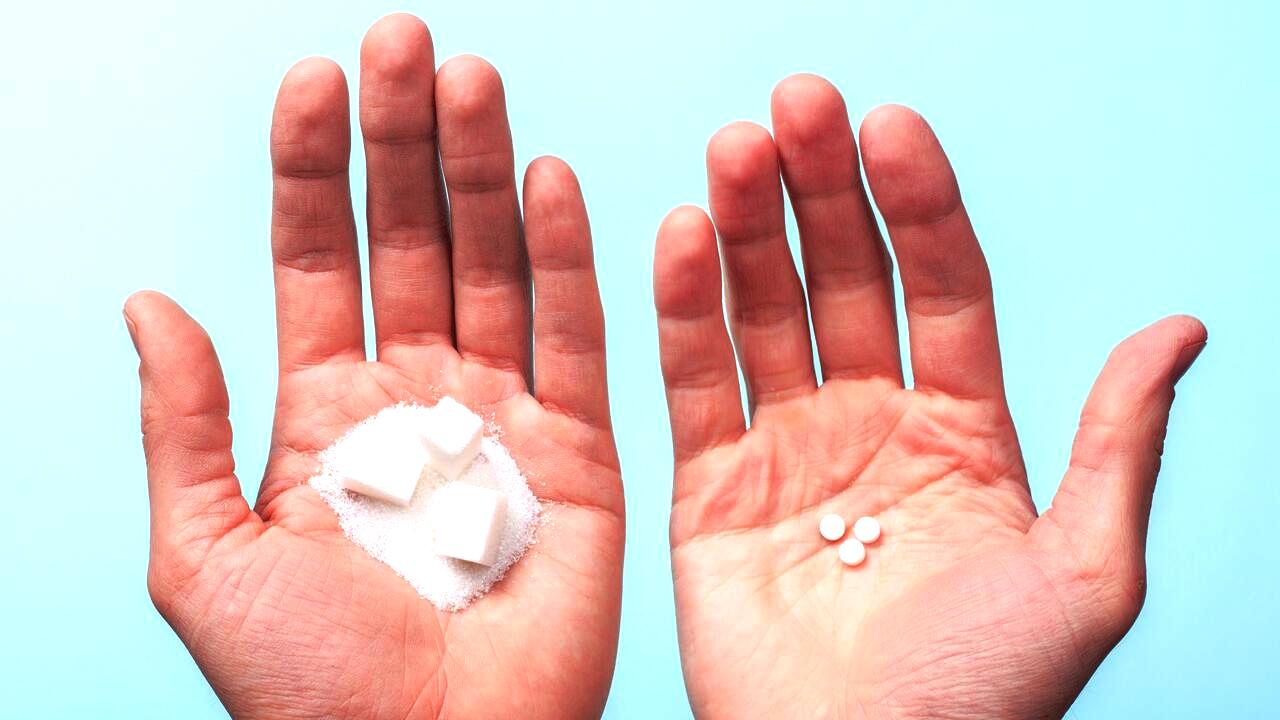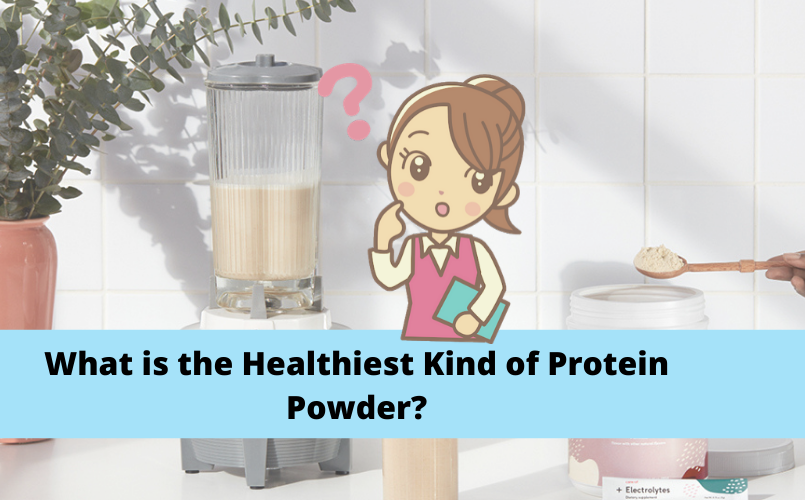Sugar is prevalent in many nutritional supplements in the market. This remains true for protein supplements. It’s often used to make it hard to swallow protein powders taste more appetizing.
Companies often use artificial sweeteners, which allows them to claim a product is sugar-free.
Although some of these chemical additives are technically approved by the FDA, it doesn’t necessarily make them good for your health. One thing’s for sure, though, they make your supplements taste better.
Unfortunately, just because artificial additives like sweeteners help make your protein drinks taste better, it doesn’t mean it’s good for you.
Studies show that supplements containing artificial sweeteners are actually more harmful to your well-being instead of beneficial.
Fortunately, that doesn’t mean you have to suffer through horrible supplements. We’ve identified seven of the best tasting protein powders in the market that are free from artificial sugars and sweeteners below.
Review Summary:
- 1. Performance Lab – #1 Best Overall
- 2. Transparent Labs
- 3. Nuzest
- 4. Vega One
- 5. Ora
- 6. Vital Proteins Collagen Peptides
- 7. Nutiva
Table of Contents
Best Protein Powder Without Artificial Sweeteners
Although meal replacement shakes made with real sugar can be attractive and even help give you a quick energy boost, they’re actually counter-productive to your well-being.
For one, the added sugar combats the naturally occurring weight loss effects of protein supplements. Another issue would be potential health risks on top of sugar crashes from taking sugary drinks daily.
That doesn’t mean you have to suffer through brands that either taste too bitter or taste like dirt. There is plenty of unsweetened or naturally flavored options market. Take a look at seven of our top choices below:
1. Performance Lab – #1 Best Overall
One of the main reasons why Performance Lab Sport is our top pick is because it can keep up with whey.
That’s one of the biggest factors that come into play when you think about switching to plant-based protein powder over animal-derived supplementation. Aside from its high protein yield, it’s also designed to enhance your overall performance.
Here’s why we recommend it:
Clean and Pure Formula – this patented brown rice powder is designed for athletes and serious well-being buffs. This means if you’re trying to build muscle or increase your overall performance, be it in sports or your daily gym sessions, you’re guaranteed that you’re only putting purest and minimally processed ingredients into your body.
- Contains Leucine that absorbs faster than whey protein
- Naturally flavored
- Does not contain artificial sweeteners
- Helps curb appetite
- Supports healthy weight loss
- Quite expensive
Summary: Performance Lab Sport Plant Based Protein is ideal for anyone who is looking for something better than your traditional whey protein. It tastes great, offers good mixability and delivers great results.
.
2. Transparent Labs 100% Grass-Fed Whey Sugarfree Protein Shake – Best Tasting
If you’re sick of trying to wrap your head around different complex protein shake recipes each day just to mask the unpleasant flavors you get from other powders, Transparent Labs is the answer.
This ultra-clean protein features inventive flavors without the risk of artificial flavorings.
Here’s why you’ll like it:
High Protein by Weight Ratio – Transparent Labs boasts a protein by weight ratio of 88%. That means you’re getting 28 grams of pure whey isolate protein per scoop.
- High protein yield at 28 g. per serving
- It is sustainably sourced from hormone-free dairy cows
- Does not contain preservatives
- Supports muscle recovery
- No fat content
- No sugar content
- Does not contain dietary fibers
Summary: One of the biggest issues I have with this product is that it doesn’t contain dietary fibers. And since whey protein powder is naturally notorious for causing stomach distress like bloating or gassiness, it isn’t at all impossible for you to experience these side effects. It features one of the cleanest formulas the supplement industry.
.
3. Nuzest – Good Powder With Stevia
This Nuzest pure and lean golden pea protein powder caught our attention the moment we tried it’s ultra-smooth and creamy. The taste and the texture are quite unexpected from a vegan protein powder for muscle building.
It’s a pure serving of nutrition and proteins designed to help with evolving your muscle, diet, and well-being.
You’ll find that it’s both smooth and delicious. Surprisingly, it contains zero added sugar, stevia (Stevia is considered safe by the major health organizations in the amounts people typically consume).
Take a look at its best quality:
Low in Carbohydrates, High in Protein – Nuzest is certainly not the leader when it comes to clean lean protein per serving yield, but it still packs a decent amount of protein. What’s more, it only contains 2 grams of carbohydrates per 25-gram scoop.
- 20 grams of protein per portion
- Under 2 grams of carbohydrates per scoop
- 90 calories per scoop
- Smooth texture
- Mild and delicious flavor
- Sourced from high-quality golden peas from France
- Might cause bloating
Summary: This pea protein powder is ideal if you’re specifically looking for a pea protein supplement that delivers great results for minimal consequences. It’s reasonably priced and features a great flavor profile as well as a smooth texture that is uncommon for pea protein powders in the market. However, if you have a sensitive stomach, you might want to be careful since pea protein might cause bloating.
.
4. Vega One – Clean Powder Without Sucralose
This Vega One is both highly nutritious and comes with a wide range of flavor options that can keep up with your lifestyle. It’s versatile, insanely effective, and formulated with your health as the top priority.
You can choose between seven flavor options that include unsweetened, the classic french vanilla, or a more adventurous coconut almond. It’s rich in branched-chain amino acids.
Take a look at its best quality:
Optimum Nutrition – this Vega One puts your well-being as a top priority. Not only doe sit contain added vitamins and minerals that are essential to your health, but it also contains CFUS probiotics, dietary fibers, and Omega-3 ALAs.
- Contains 4-6 grams of dietary fiber
- Easily digestible
- 20 grams of protein per portion
- Contains probiotics
- Contains 500 milligrams of Omega-3 ALAs
- Great flavor options
- Various size options
- Quite expensive
Summary: This Vega One is ideal for anyone who wants something easily versatile and convenient. You can choose to go with an unflavored option which you can add into a variety of drinks and food that taste great on their own, or choose from six other flavors that can stand alone without the need to be mixed into complex smoothies.
.
5. Ora Organic – Best for Sensitive Stomachs
Ora Organic contains an impressively clean and lean vegan protein powder formula. It specifically contains digestive enzymes that help your body digest it easily without fear of developing stomach issues.
Here’s why you’ll like it:
Safe for Children – this Ora is formulated with such care and precision that it’s safe for kids to consume. More than that, though, it contains a complete amino acid profile and a manageable protein yield per serving.
- Safe for children
- The complete amino acid profile
- Over 21 grams of protein per portion
- Safe for sensitive tummies
- Three flavor choices
- Can get a bit expensive
Summary: This Ora is ideal if you either have a sensitive stomach, or if you’re looking for something that is ideal for various members of your family. It’s safe for children’s consumption and comes in a manageable enough serving that it’s ideal for any fitness goal or any age.
.
6. Vital Proteins Collagen Peptides – Best for Women
Vital Proteins Collagen Peptides is ideal for any woman who wants clearer skin, shiny, stronger hair, strong nails, and healthier bones and joints.
Sourced from pasture-raised bovine, this Vital Proteins Collagen Peptides contains a good amount of collagen peptides per serving and helps you achieve a more youthful appearance.
Here’s why you’ll like it:
Quality Collagen Peptides – this Vital Proteins Collagen Peptides contains 20 grams of collagen peptides per serving. This improves skin elasticity, supports bone and joint health for better physical performance, and gives you a more youthful appearance.
- 20 grams of collagen peptides per serving
- Improves skin elasticity
- Easily mixable
- Versatile can be mixed in hot or cold liquids
- Promotes bone and joint health
- Quite expensive
Summary: As they say, beauty comes at a price. That said, this protein powder is worth every cent. Not only are you getting a top quality protein source, but you’re also putting your bone and joint health first.
.
7. Nutiva Hemp Protein Hi-Fiber
This hemp Nutiva is well regarded as one of the easiest to digest protein powder options in the market. It’s reasonably priced and features a great, pure formula that you’ll certainly want in your protein shakes.
Here’s why you’ll like it:
Hi-Fiber, Great Protein – not only does this Nutiva offer you 22% of your daily value of protein, but you’re also getting 48% of fiber. This means it’s easily digestible and manageable.
- Contains magnesium
- Contains iron
- Contains zinc
- Has 48% of your daily value of fiber per serving
- Versatile can be used for cooking or for beverages
- Does not mix as well as others
Summary: Apart from being a bit grainy, this Nutiva is ideal if you’re looking for something that’s high in fiber content. It’s also highly versatile and easily manageable which adds to its overall charm
.
Ingredients To Look Out For
As a general rule, if you’re buying a protein powder, it’s best to choose the right sweeteners. Yes, the no sugar label may seem attractive. But it’s not really all that good for you.
When in doubt, I highly recommend you choose something unsweetened. Despite your best efforts, there is a high possibility you’ll encounter ingredient labels that look like they contain components that are great for you but are ultimately not.
Take a look at some of the ingredients you need to be careful of when choosing any protein powder:
Soy or Soy Instantizers – there is a reason you won’t find a soy protein powder on this list. Soy by itself is a highly controversial protein powder. Make sure you’re going for something soy-free if you want to get the most out of your protein shakes. Soy contains phytates that are known to inhibit mineral absorption.
- Stevia – although it’s regarded as generally safe, a supplement that is sweetened with stevia is not always 100% cool for you. This is especially true if you are on blood pressure medication. Moreover, you need to make sure you’re getting pure stevia and not stevia blends, which are often processed with chemicals.
- Artificial Sweeteners – there are five kinds of them that are approved by the FDA. Despite FDA approval, this doesn’t mean it’s necessarily great for you. These may be low in calories, but they’re processed with chemicals and junk you don’t need in your body.
What Is An Artificial Sweetener?
Sweeteners are chemicals put in place of real or raw organic sugars. While the FDA has approved five specific types, it doesn’t mean they’re good for your health.
Approved by the FDA are saccharin, acesulfame, aspartame, sucralose, and neotame. So the next time you see these listed on any product you’re about to buy, it’s best to think twice.
Although they’re generally regarded as a good sugar-free option, the long-term side effects of these sugar substitutes are dubious at best.
Benefits of Taking Protein Powders That Are Free From Artificial Sweeteners
Typically, if you’re concerned about your health, it’s understandable that you’d like to stay clear of it. There are many benefits to sticking to pure and naturally flavored protein powder.
Take a look at my key takeaways below:
- Clean Blend – if you want to reap the full benefits of truly nutritional protein powder, it’s best to choose a pure blend. This usually means going for an unflavored option. But you could also choose something that’s naturally flavored with monk fruit or stevia. Although I highly recommend you choose monk fruit as a sweetener.
- No Side Effects – these are notorious for the short-term and long-term side effects they may have. You could suffer from headaches, migraines, stomach issues like bloating or acid reflux.
- Chemical-free – protein powders that contain synthetic sweeteners contain chemicals. This is something you don’t want since it’s not at all good for you in the long run.
Frequently Asked Questions
We took the liberty of compiling some of the most asked questions I received regarding protein powders and synthetic sweeteners in general. Take a look at what other professionals in the field and I have to say about your questions.
Is Stevia An Artificial Sweetener?
Technically, Stevia is a naturally-derived sweetener. However, you need to make sure you’re getting 100% Stevia. There Stevia blends are available in the market. However, these blends are not nearly as healthy or good for you as monk fruit or real Stevia.
Do All Protein Powders Have Artificial Sweeteners?
If you’ve ever used a protein powder in your smoothie or mixed it into your meal, you’ve probably noticed an ingredient called “artificial sweeteners.” The FDA says these sugar substitutes aren’t labeled as such, but many nutritionists argue that if it’s an artificial sweetener, it should be labeled. If you’ve decided to go on a sweet-free protein binge, is it worth it?
Artificial sweeteners, like aspartame, sucralose, saccharin, and any other sugar substitute, can theoretically sweeten foods without sugar—that’s their job. Whether or not they taste as sweet as sugar is a different story. And there’s no way to know if you’re getting a fair dose of the sweeteners if you’re just using an artificial sweetener. On the whole, the evidence suggests that when they’re used in high enough quantities, they still sweeten food a bit, but not significantly so. Artificial sweeteners can have a serious downside if you’re sensitive to sugar. For example, the FDA recommended that only 12 grams of aspartame a day are safe for the average adult.
What is the Healthiest Kind of Protein Powder?
I always recommend that you go for an unsweetened protein powder.
This allows for more versatility, and while it might taste unpleasant on its own, you can always mix it into your cooking, other healthy beverages, or blend it into a smoothie with fruits and other all-natural ingredients.
How to Buy Truly Sugar-Free Protein Powder?
To be on the safe side, choose unflavored powder. Choosing an unflavored protein powder is the only way to virtually guarantee you’re getting absolutely no added sugars in your protein powders.
But if you aren’t keen on choosing an unflavored protein powder, it’s important you choose something that is naturally flavored. As a general rule, I like to choose something flavored with real fruits or ingredients like vanilla beans, cocoa beans, monk fruit, and a blend of real fruit.
Is Whey Protein Hard on Your Kidneys?
Any protein powder can be hard on your kidneys if you consume too much. Whey protein is generally regarded as having one of the highest protein yields in the industry at an average of 25 g. of protein per serving. This can be harmful to you if you end up taking too much protein.
But this can happen with any protein powder in the market. It’s important you make sure you’re getting just the right amount of protein and not too much to avoid damaging your kidneys.
Does Whey Protein Have Artificial Sweeteners?
So what’s wrong with whey protein? It has an increase in sugar content compared to casein protein. According to information presented by Endorsed Nutrition, the sweetest whey protein is 2.4 g/mL whereas the sweetest casein protein is only 1.5 g/mL. Whey protein may not taste bad but it contains large amounts of sugar. For example, an 11% whey protein drink contains 17 g/mL of sugar. As a result, it has similar sugar content to a 70% casein supplement. That means that the whey protein drink is only 37% as sweet as a 100% casein supplement.
The biggest concern is the artificial sweetener. Each of the main sweeteners, fructose, saccharin, aspartame, and sucralose has a different effect o your metabolism. However, they all have negative effects on insulin and insulin sensitivity. That makes them all bad for health. Hypoglycemia. When you consume a lot of sugar, your body reacts as if it were starving and rapidly releases insulin. This works to bring blood glucose (sugar) levels back to normal.
Is Stevia Safe in Protein Powder?
Millions of American athletes are gulping protein powder, and it’s easy to understand why: Powdered foods are better for us than full-fat meals because they’re smaller, easier to digest, and better for protein absorption. But could popular powders make us fat? That’s the claim made by vegan athletes such as Kiana Horton, who is sponsored by the vegan protein brand Vega. The company makes plant-based protein shakes and bars with powder made from stevia, an extract of sweet leaves that is thought to help limit calories, boost satiety and give you energy. But not everyone is convinced that stevia is as safe as Vega and other companies suggest.
What Protein Powder Has no Stevia?
You are probably wondering if it is possible to have a protein powder without the “Magic Carpet,” or Stevia. Well, it isn’t impossible, but it takes a lot more work to make a good protein powder than just getting a store-bought version. That’s why, when you read a protein powder review, you must know that the product has to be of high quality for you to notice its real effect on your body.
You see, when you eat an adequate amount of protein, your body uses the protein to make blood cells. Then, your body begins to produce the energy required by your cells. When you eat your normal protein powder, your body isn’t making enough blood cells and it doesn’t produce enough energy.
FAQ
What Sweeteners to Avoid in Protein Powder?
Navigating the realm of protein powders requires a discerning eye, particularly when it comes to sweeteners. Certain sweeteners, though commonly used to enhance the palatability of protein supplements, may pose potential drawbacks. One such sweetener to be cautious of is sucralose. While sucralose is a non-nutritive sweetener that imparts sweetness without adding calories, studies suggest potential adverse effects on gut microbiota. Research indicates that sucralose may alter the composition and functionality of gut bacteria, which play a pivotal role in maintaining digestive health and overall well-being.
Another sweetener that merits scrutiny is aspartame. Despite being widely utilized in various low-calorie and sugar-free products, aspartame has faced criticism regarding its safety. Some studies have raised concerns about potential neurotoxic effects and its breakdown products, such as phenylalanine and aspartic acid. Individuals with phenylketonuria (PKU), a rare genetic disorder, must strictly limit their intake of phenylalanine, making aspartame-containing products unsuitable for them.
Acesulfame potassium, commonly known as Ace-K, is yet another sweetener present in certain protein powders. Although deemed safe by regulatory bodies, some animal studies have suggested a potential link between Ace-K consumption and alterations in metabolic function. While more research is needed to establish conclusive evidence in humans, individuals may choose to exercise caution and opt for protein powders with alternative sweeteners.
In the pursuit of a cleaner protein powder, avoiding artificial sweeteners altogether is an option. Stevia, a natural sweetener derived from the leaves of the Stevia rebaudiana plant, offers a calorie-free alternative. Stevia has gained popularity for its sweetness without the perceived drawbacks associated with artificial sweeteners. Monk fruit extract, another natural sweetener, is also emerging as a favorable choice, providing sweetness with minimal impact on blood sugar levels.
In summary, when selecting a protein powder, vigilance regarding sweeteners is paramount. Steering clear of sucralose, aspartame, and Ace-K in favor of natural alternatives like stevia or monk fruit extract ensures a protein supplement that aligns with both taste preferences and potential health considerations.
What is the Safest Protein Powder to Take?
The safety of protein powder depends on various factors, including the individual’s dietary preferences, allergies, and specific health considerations. However, several protein powders are generally regarded as safe options for most individuals based on their nutritional profile, purity, and absence of harmful additives or contaminants.
Whey protein isolate is often considered one of the safest protein powders available due to its high protein content and minimal lactose and fat content. Whey protein isolate undergoes additional processing to remove most of the lactose, fat, and carbohydrates present in whey, making it suitable for individuals with lactose intolerance or those seeking a low-carbohydrate protein source. Additionally, whey protein isolate is rapidly absorbed by the body, providing a quick supply of amino acids to support muscle recovery and growth.
Another safe protein powder option is casein protein, which is derived from milk and digested more slowly than whey protein. Casein forms a gel-like substance in the stomach, resulting in a sustained release of amino acids into the bloodstream over several hours. This prolonged release makes casein protein an excellent choice for individuals looking to maintain muscle protein synthesis and promote satiety between meals or overnight.
For individuals with dairy allergies or sensitivities, plant-based protein powders offer safe alternatives that are free from dairy and other animal products. Popular plant-based protein sources include pea protein, rice protein, hemp protein, and soy protein. These plant-based proteins provide essential amino acids necessary for muscle repair and growth and are suitable for individuals following vegetarian or vegan diets.
When selecting a protein powder, it’s essential to consider potential allergens and sensitivities. Some protein powders may contain additives, artificial flavors, or sweeteners that can trigger adverse reactions in sensitive individuals. Opting for protein powders with minimal ingredients and natural flavorings can reduce the risk of allergic reactions and gastrointestinal discomfort.
Additionally, choosing protein powders that undergo third-party testing for purity and quality can further ensure safety. Look for certifications from reputable organizations such as NSF International or Informed-Choice, which verify that the product has been tested for banned substances and contaminants.
Ultimately, the safest protein powder for an individual depends on their specific dietary needs, preferences, and health status. Consulting with a healthcare professional or registered dietitian can help determine the most suitable protein powder to support individual goals and promote overall health and well-being.
Final Words
Contrary to popular belief, no sugar protein powders are not always good for you. You need to be smart and vigilant when looking for ingredients that could actively harm you.

There are five artificial sugars that are approved by the FDA for consumption. They are no sugar and low calorie.
However, they are made using a blend of chemicals that are not at all unharmful to your well-being.
Despite FDA approval, it’s still important to make sure you’re only putting necessary and healthy things into your body.
Fortunately, opting for a protein powder that is free from artificial sugars does not condemn you to be unpleasant and ill-tasting protein powder. There are many choices in the market that use all-natural ingredients that are not only good for your overall well-being but taste delicious as well.
One of our top choices is Transparent Labs 100% Grass-Fed Whey Protein Isolate, which comes in inventive and unique flavors, including chocolate peanut butter and cereal splash. It is arguably one of the best no sugar whey protein powders in the market that is healthy, great-tasting all while remaining effective for bodybuilding.
.
However, we found that Performance Lab wins this category when it comes to effectiveness, overall cleanliness, and versatility.
This brown rice protein powder is just as effective as whey protein and comes unflavored. It features one of the cleanest ingredient lists in the market and is patented as the only brown rice protein that prioritizes the needs of athletes.
Overall, we strongly feel that any choice you make from here on out regarding artificial sugar-free protein powders will be substantial and well-informed.
It’s important to keep your options open and your preferences at the forefront of your decision. But if you ask us, we’d take Performance Lab Sport every day.
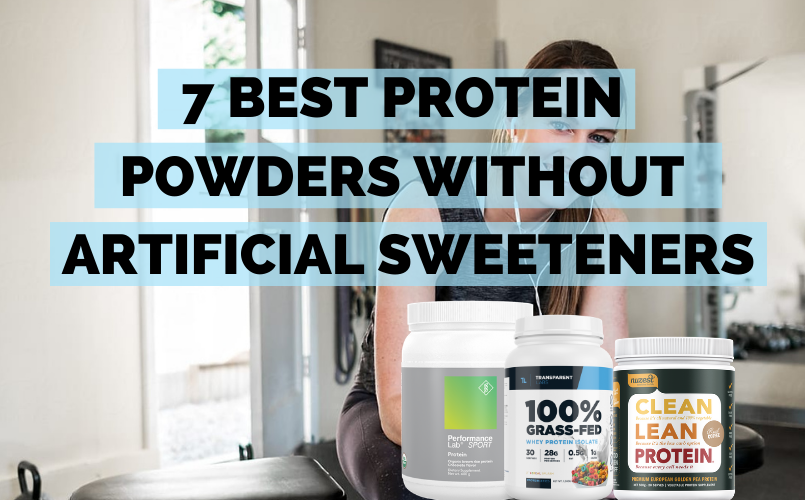
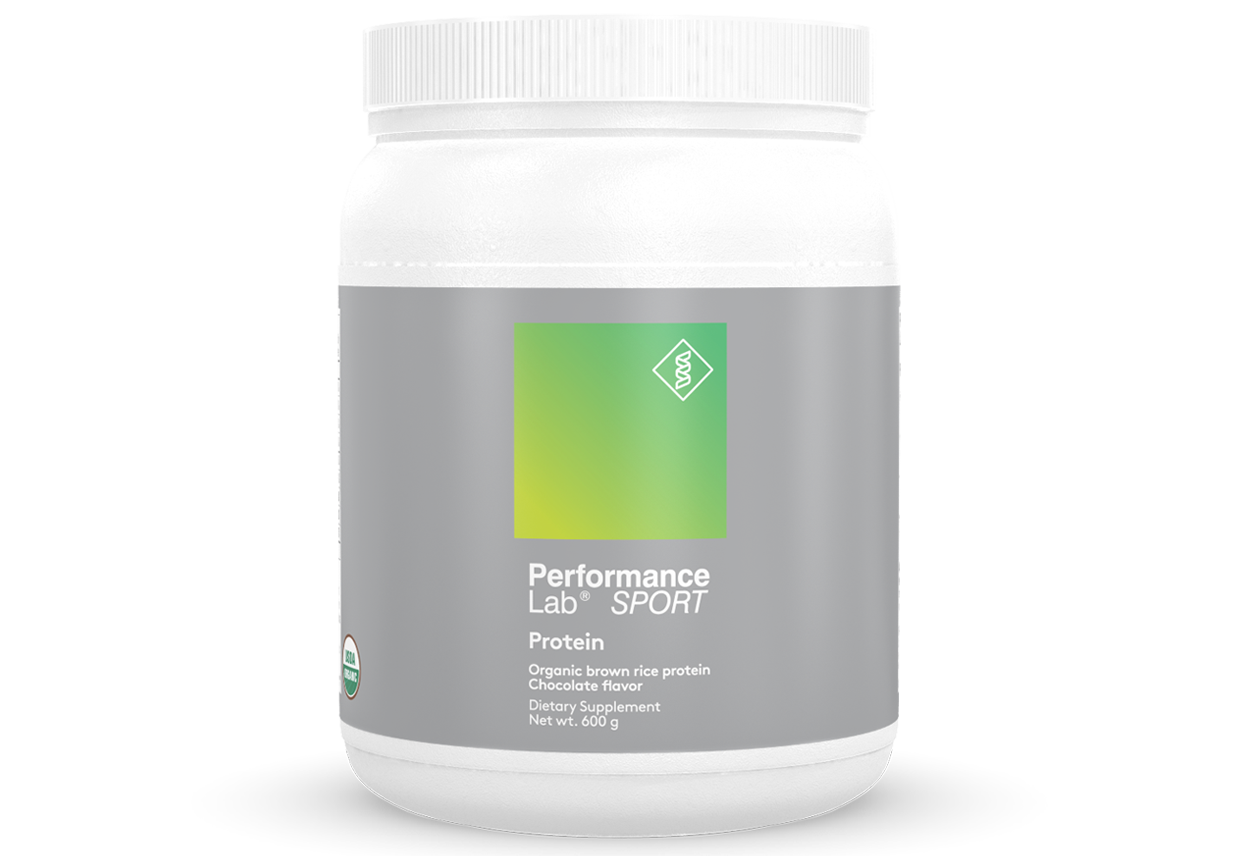
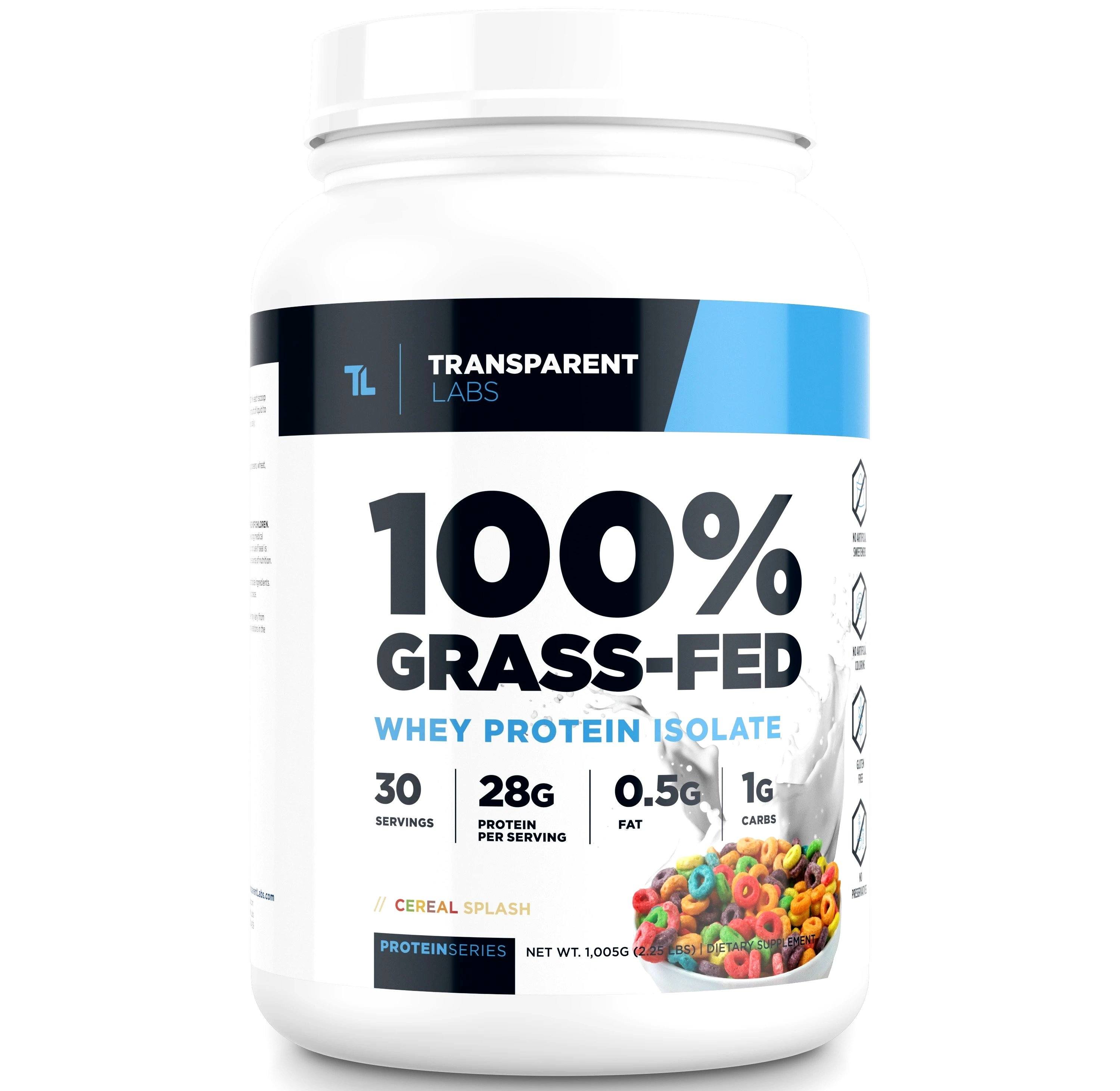
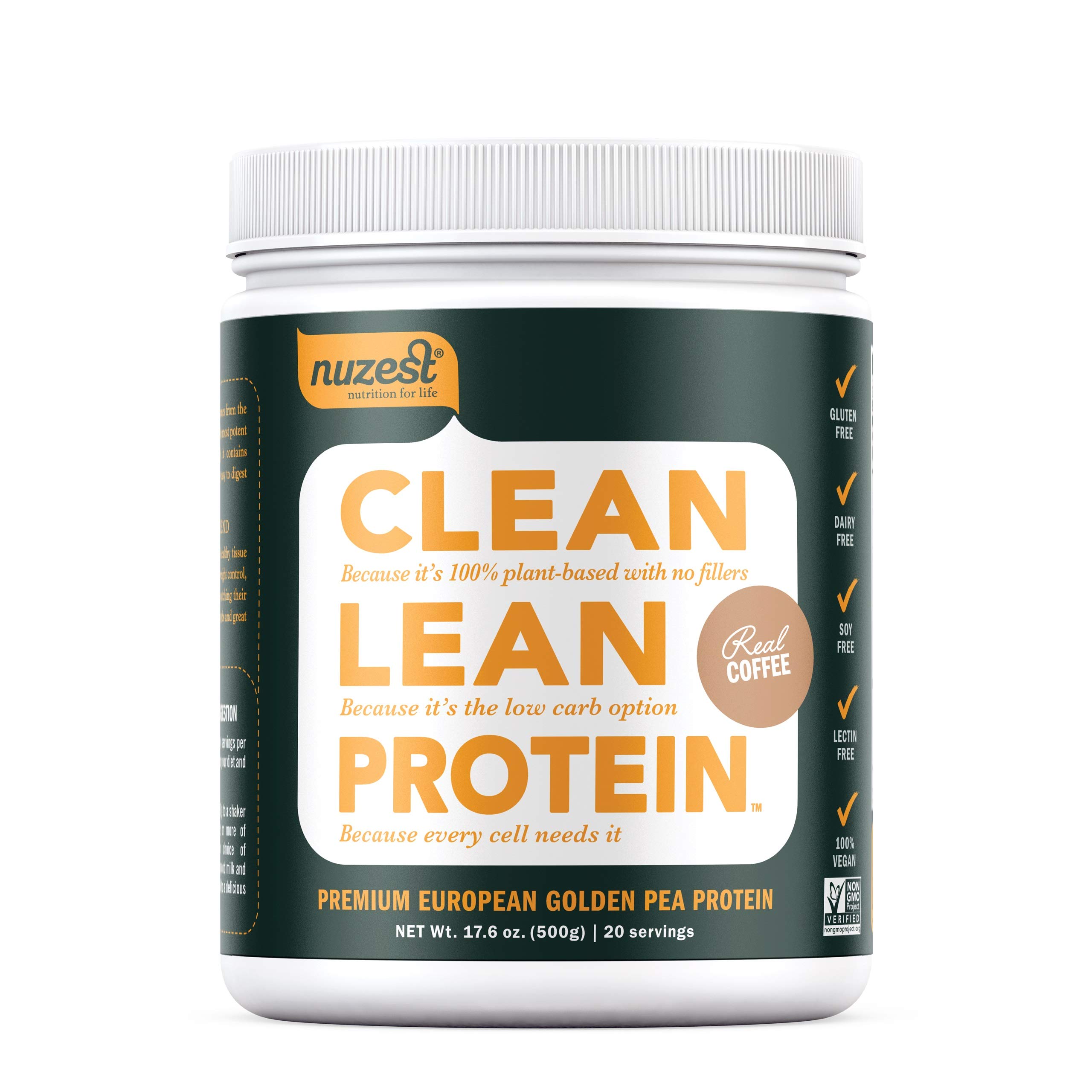
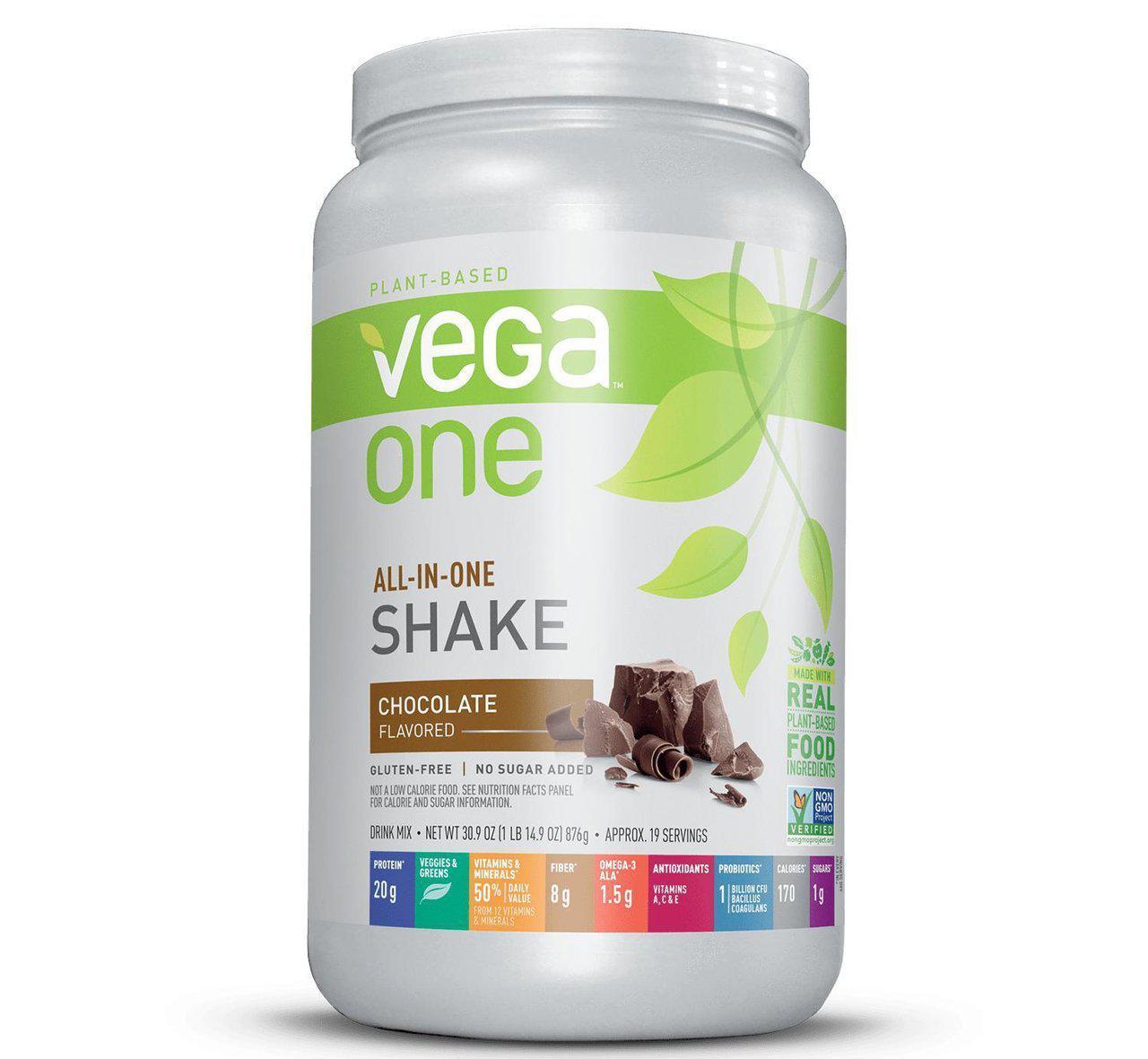
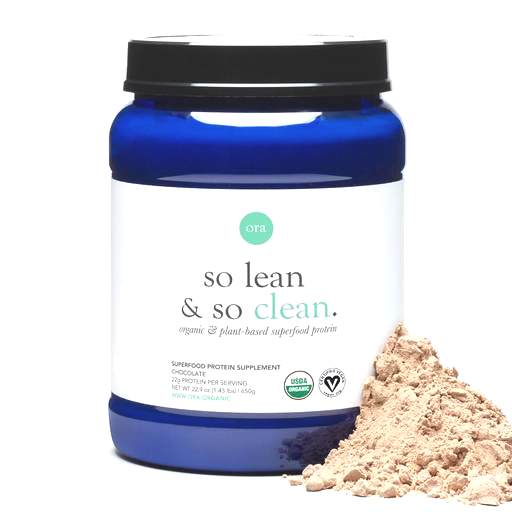
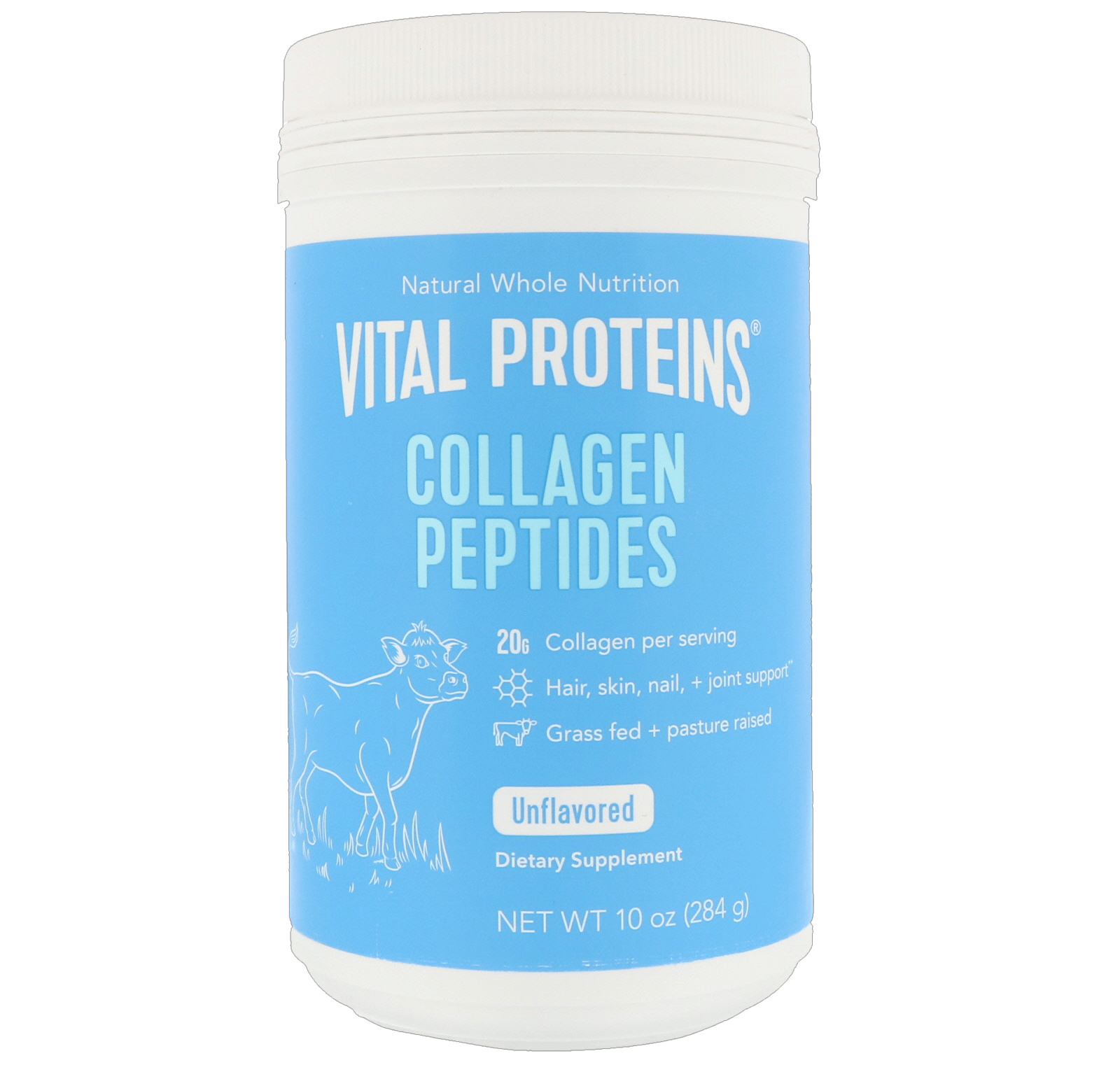
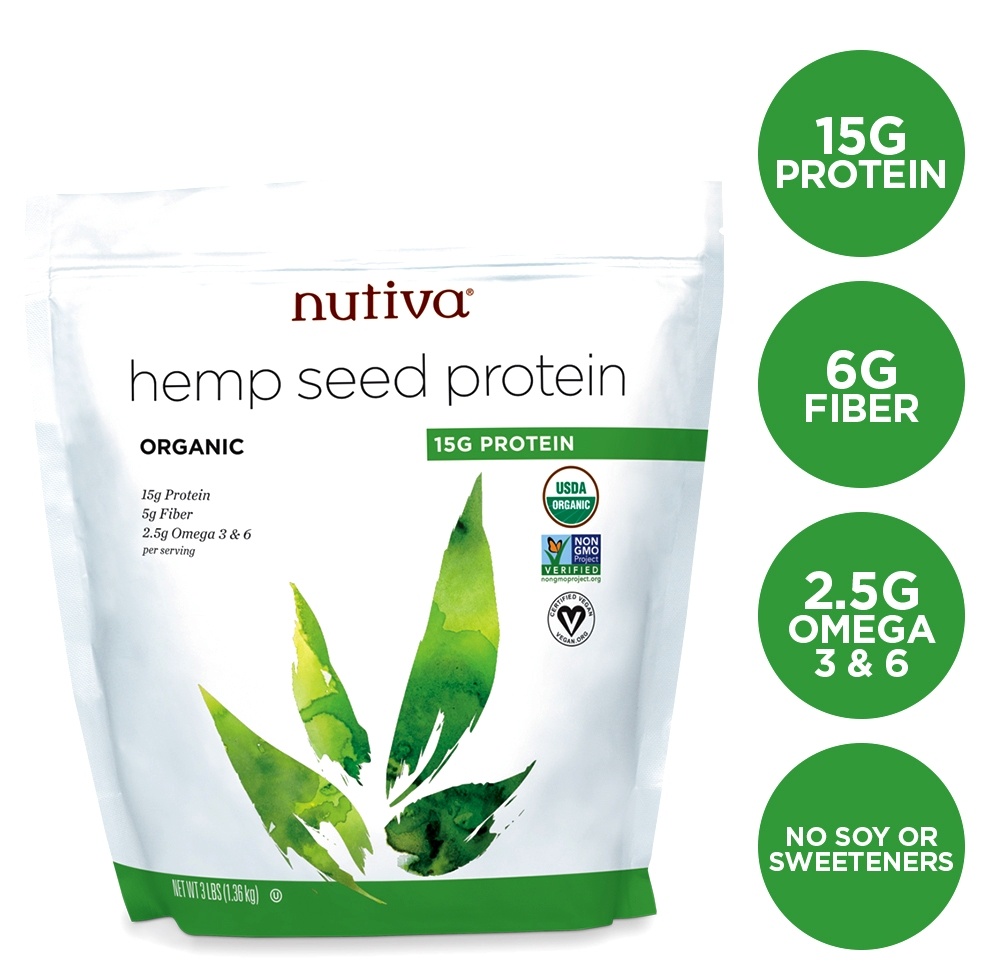
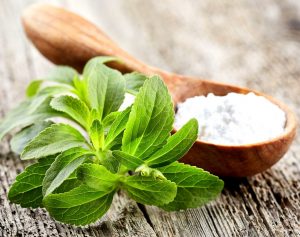 Soy or Soy Instantizers – there is a reason you won’t find a soy protein powder on this list. Soy by itself is a highly controversial protein powder. Make sure you’re going for something soy-free if you want to get the most out of your protein shakes. Soy contains phytates that are known to inhibit mineral absorption.
Soy or Soy Instantizers – there is a reason you won’t find a soy protein powder on this list. Soy by itself is a highly controversial protein powder. Make sure you’re going for something soy-free if you want to get the most out of your protein shakes. Soy contains phytates that are known to inhibit mineral absorption.